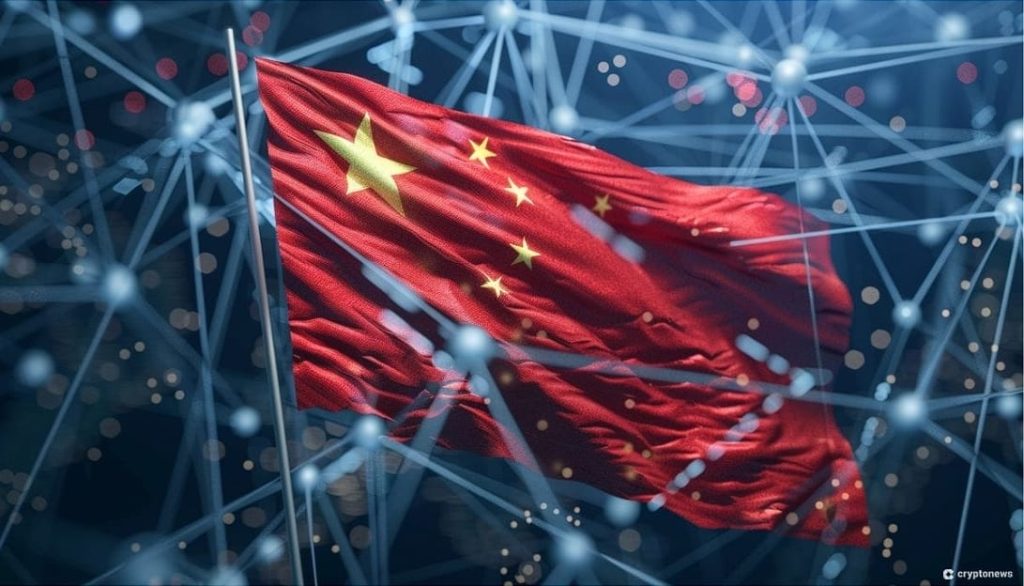The absence of OpenAI’s ChatGPT in China has created an opportunity for Chinese artificial intelligence startups to establish themselves as leaders in the generative AI space. Backed by major regional investors, these startups are developing advanced AI systems capable of producing various content, challenging OpenAI’s global supremacy. Four key startups in China, including Zhipu AI, Moonshot AI, MiniMax, and 01.ai, have achieved unicorn status with valuations exceeding $1 billion, with Zhipu AI leading the pack at a valuation of $2.5 billion. Each of these startups has its unique focus and target market, showcasing the diversity and adaptability of China’s AI startup ecosystem.
Zhipu AI, backed by giants like Alibaba Cloud and Tencent, provides comprehensive AI solutions and has a team of 800 employees. Moonshot AI targets students and office workers with its text summarization technology, and their AI chatbot Kimi has experienced significant growth. MiniMax, based in Shanghai, employs anime-themed characters to engage the gaming market, and their interactive avatars can generate responses, jokes, and even flirt with users. On the other hand, 01.ai focuses on open-source models tailored for the Chinese market, such as the productivity-focused Wanzhi. These startups are competing to claim the title of the winner of foundation models in the Chinese market.
With approximately 262 AI-focused startups in China offering ChatGPT alternatives, the competition for AI dominance is intensifying. These startups are reshaping the future of generative AI and challenging OpenAI’s position in the industry. The diverse range of approaches taken by Chinese AI startups demonstrates their adaptability and innovation as they strive to establish themselves as leaders in the generative AI space. The global AI landscape is evolving rapidly, with Chinese startups vying for dominance and offering new possibilities for the industry.
The Chinese AI unicorns are gaining traction and recognition in the global AI market, with their valuations exceeding $1 billion and showcasing the potential of China’s AI startup ecosystem. These startups are supported by major regional investors, such as Alibaba Cloud and Tencent, and are poised to challenge OpenAI’s supremacy in the generative AI space. The rise of these Chinese startups signals a shift in the balance of power in the global AI landscape, with new players emerging and reshaping the industry.
The Chinese startups focusing on generative artificial intelligence are taking different approaches to cater to various market segments, such as students, office workers, and gamers. By offering innovative AI solutions tailored to specific needs, these startups are carving out their niches in the competitive AI market. The competition among Chinese AI startups is driving innovation and pushing the boundaries of what is possible with generative AI technology. As these startups continue to grow and expand their reach, they have the potential to disrupt the global AI industry and challenge the dominance of established players like OpenAI.













